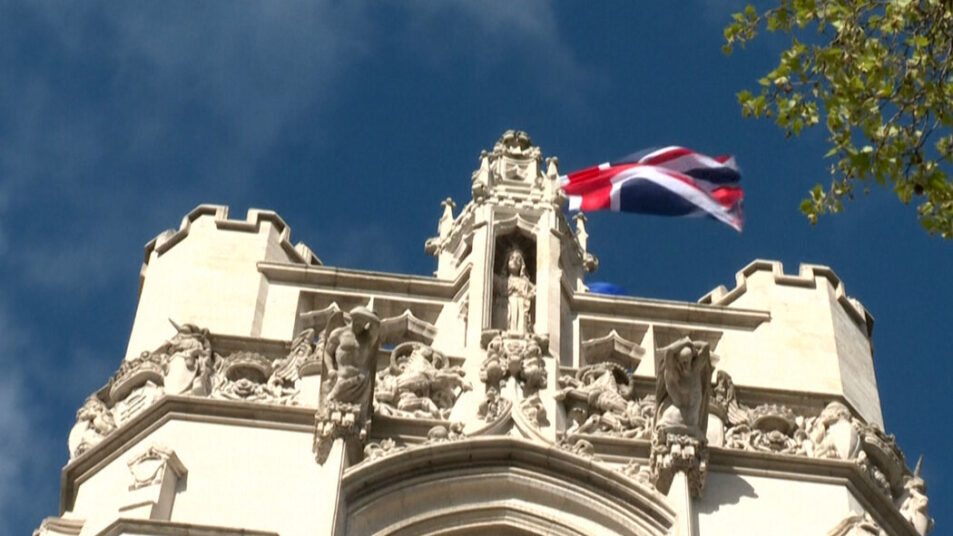The Big Picture
The UK Supreme Court recently ruled that the words “woman” and “sex” in British law refer to biological females, not gender identity. This decision clarifies who can access women-only spaces (like domestic violence shelters) and has sparked heated debates nationwide.
Key Points Explained
1. Why Did This Case Happen?
- The Issue: A Scottish law required 50% of public board members to be women, including transgender women (biologically male individuals who identify as women).
- The Challenge: A group called For Women Scotland argued this blurred legal protections for biological women, especially in single-sex spaces (bathrooms, hospitals, etc.).
- Court Question: Does a transgender woman with a legal gender certificate have the same rights as a biological woman under the Equality Act 2010?
2. What Did the Court Decide?
- Ruling: “Woman” and “sex” in UK law mean biological sex, not gender identity.
- Impact: Single-sex services (e.g., rape crisis centers) can now exclude transgender women if justified.
- But… Transgender individuals remain protected from discrimination under other parts of the law, such as gender reassignment rights.
Why It Matters:
- Clarifies rules for schools, hospitals, prisons, and shelters.
- Example: A transgender woman with a gender certificate can legally be barred from a women’s locker room if safety or privacy is a concern.
3. What’s a Gender Recognition Certificate?
- Simplified: A legal document that lets someone change their gender on official records (like a driver’s license).
- Requirements: Medical approval, living as the identified gender for 2+ years, and a lifelong commitment to that identity.
- 8,000+ certificates have been issued in the UK since 2005.
4. Can Parliament Reverse This Ruling?
- Yes. Unlike the U.S., UK lawmakers can overturn court decisions with a simple majority vote.
- What’s Next? Activists may push for new laws forcing full inclusion of transgender women in all female spaces.
5. What’s Still Unclear?
- Guidelines Needed: Schools, hospitals, and police are waiting for updated rules on implementing the ruling.
- Example: British Transport Police now require strip searches by officers of the same biological sex. Transgender officers cannot search members of the opposite sex.
Quick Takeaways
- 🗣️ For Advocates: The ruling protects single-sex spaces for biological women.
- ⚖️ For Transgender Individuals: Legal gender recognition remains, but access to certain spaces isn’t guaranteed.
- 🏛️ For Lawmakers: Pressure grows to either uphold or challenge the decision.
Why This Matters Beyond the UK
This case highlights a global debate: How do we balance gender identity rights with protections for biological sex-based spaces? Similar battles are unfolding in the U.S., Canada, and Europe.
Stay informed—this story is still evolving! 🌍
